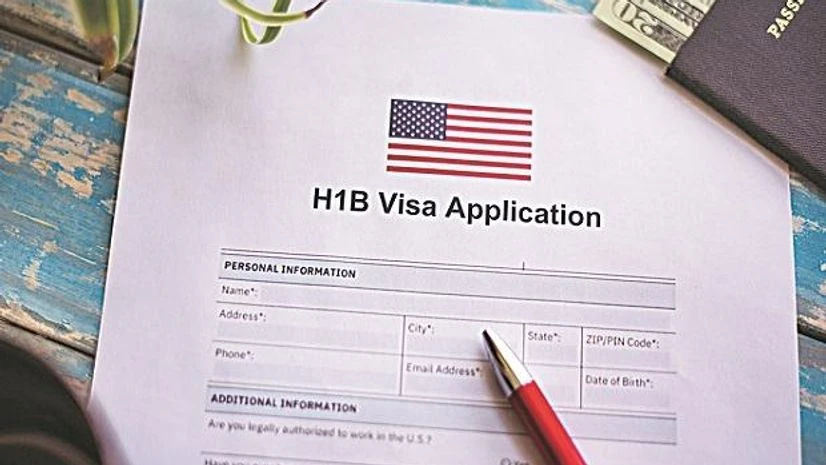The United States Citizenship and Immigration Services (USCIS) on Wednesday announced that it has received a sufficient number of petitions to meet the congressionally mandated limits for the H-1B visa program for the fiscal year 2024. This includes the 65,000 H-1B visa regular cap as well as the 20,000 H-1B visa US advanced degree exemption, commonly referred to as the master’s cap.
The H-1B visa is a non-immigrant visa that allows US employers to temporarily hire skilled foreign workers in speciality occupations. These occupations are typically those that require theoretical or technical expertise in fields like computer science, engineering, mathematics, finance, and healthcare.
The US Congress sets a limit on the number of H-1B visas that can be issued each fiscal year. This limit, known as the H-1B cap, is currently set at 85,000, with an additional 20,000 visas reserved for individuals who have earned a Master's degree or higher from a US institution.
According to the USCIS data, 410,195 people were admitted to the US in H-1B status in FY22. This figure includes individuals who received new visas, changes of status to H-1B, and extensions of existing visas.
Of the H-1B petitions approved in FY22, 72.6 per cent were for beneficiaries whose country of birth was India. According to USCIS data released in March 2023, over 3 lakh Indians received H-1B visas in FY22, followed by 55,038 applicants from China.
In the statement on Wednesday, the USCIS also said that it will soon start the issuance of non-selection notices to registrants who did not make the cut for the FY24 H-1B allocations. These notifications will be delivered through the registrants' online accounts in the coming days.
More From This Section
“When we finish sending these non-selection notifications, the status for properly submitted registrations that we did not select for the FY 2024 H-1B numerical allocations will show: Not Selected: Not selected – not eligible to file an H-1B cap petition based on this registration,” said the US immigration authority.
In addition, the USCIS has confirmed that applications from cap-exempted candidates will continue to be accepted.
Not all H-1B visa applicants face the annual H-1B visa cap. Universities, research institutions, government research, and holders of US master's degrees (for the first 20,000 petitions) get an exemption. Also, 6,800 visas are reserved annually from the 65,000 for the H-1B1 program, established under the US-Chile and US-Singapore free trade agreements. Any unused visas in this category become available for the subsequent fiscal year's regular H-1B cap. Certain researchers, Department of Defense collaborations, and workers in specific regions like Guam are also considered exempt under the cap.
Furthermore, petitions for existing H-1B visa holders, who have been previously counted against the cap and still retain their cap number, remain exempt from the FY 2024 H-1B cap, said USCIS. The US immigration services will continue to receive petitions for these scenarios:
- Applications to extend the duration of time a current H-1B worker is authorised to stay in the United States.
- Petitions seeking changes to the terms of employment for current H-1B workers.
- Applications allowing current H-1B workers to switch employers.
- Petitions permitting current H-1B workers to work concurrently in additional H-1B positions.

)
